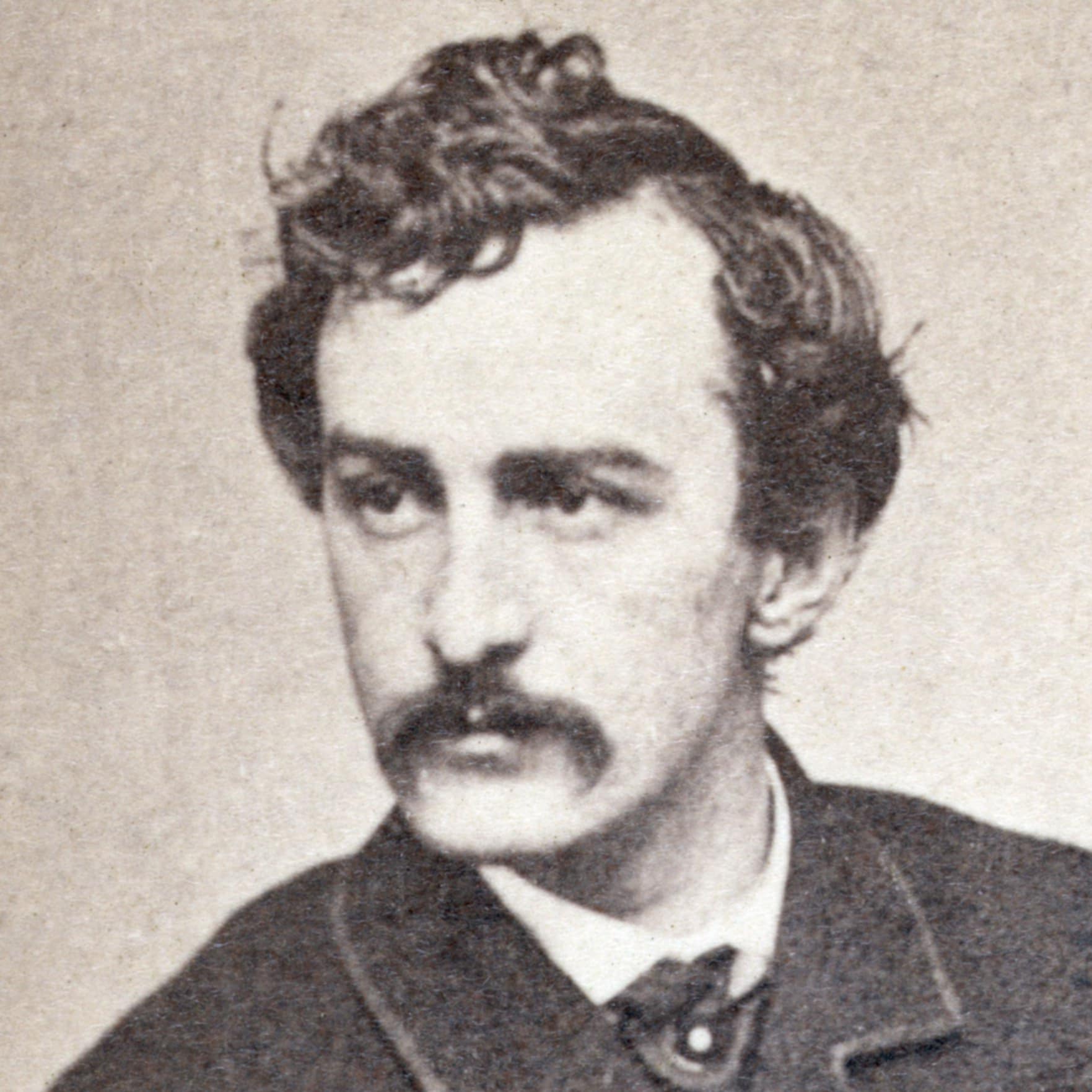
1838 - 1865
John Wilkes Booth
Summary
Name:
Nickname:
J. B. WilkesYears Active:
1865Birth:
May 10, 1838Status:
DeceasedClass:
MurdererVictims:
1Method:
ShootingDeath:
April 26, 1865Nationality:
USA
1838 - 1865
John Wilkes Booth
Summary: Murderer
Name:
John Wilkes BoothNickname:
J. B. WilkesStatus:
DeceasedVictims:
1Method:
ShootingNationality:
USABirth:
May 10, 1838Death:
April 26, 1865Years Active:
1865bio
John Wilkes Booth was born on May 10, 1838, in Bel Air, Maryland. He was the ninth of ten children in the Booth family. His father, Junius Brutus Booth, was a well-known British Shakespearean actor, and his mother, Mary Ann Holmes, was his father's mistress. The family moved to America from England in 1821 and bought a 150-acre farm. They built a log house on the property, where John Wilkes spent his early years.
As a child, Booth was athletic and popular among his peers. He excelled in sports like horsemanship and fencing. He began his education at the Bel Air Academy, but he did not take his studies seriously. His headmaster noted that he had potential but was not motivated to put in the effort. Booth's education included time at Milton Boarding School and St. Timothy's Hall, where he learned strict military discipline. He left school at age 14 after the death of his father.
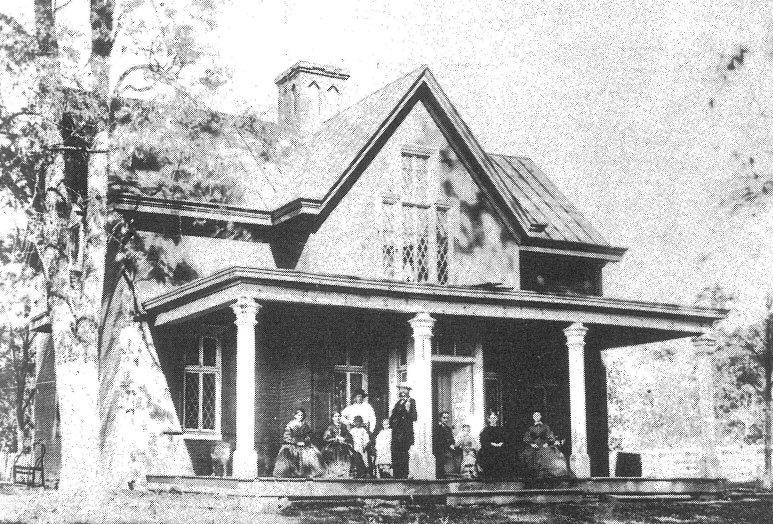
During his time at Milton Boarding School, Booth met a Romani fortune-teller who foretold a dark future for him. She claimed he would have a grand but short life and warned that he was destined to meet a bad end. This prediction troubled him, and he often shared it with family and friends.
By the age of 16, Booth developed an interest in acting and politics. He was involved in the Know Nothing Party, which had anti-immigrant views. Booth admired his father's career and wanted to become an actor like his famous family. He practiced his speeches alone in the woods and delved into the works of Shakespeare.
Booth made his stage debut at 17 in Baltimore, but his early performances were met with mixed reactions from audiences. Despite some failures, he continued to act and quickly gained popularity for his energetic performances. Critics described him as handsome and noted his impressive physical acting style. He became a successful actor, earning considerable money and performing in various theaters across the country.
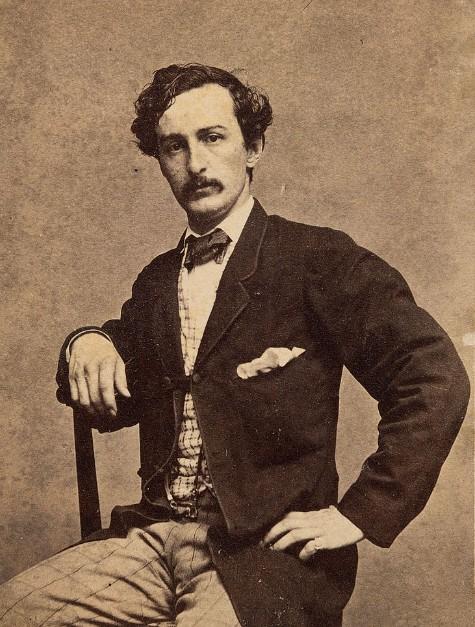
Throughout the 1860s, Booth's involvement in the theater kept him traveling between the North and the South. He was known for his strong support of the Southern cause during the Civil War, which created tension with his more Unionist family members. He publicly expressed admiration for the Confederate states and openly criticized President Lincoln.
As the war raged on, Booth became conflicted between his career and his loyalty to the South. His relationships with his family grew strained over differing political beliefs. Despite gaining fame and riches, Booth's life was marked by contradictions and tensions that would ultimately shape his destiny.
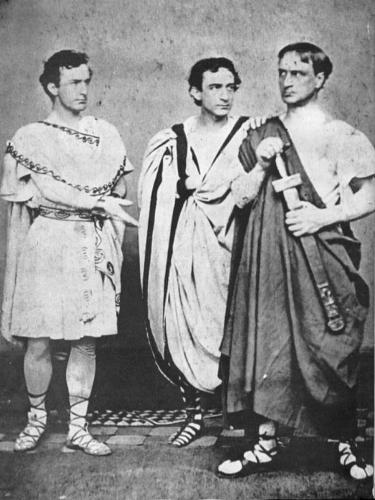
murder story
On April 14, 1865, John Wilkes Booth shot President Abraham Lincoln at Ford's Theatre in Washington, D.C. Booth had closely monitored Lincoln's whereabouts and knew he would be attending a performance of "Our American Cousin." As the play progressed, Booth entered Lincoln’s private box and fired a .41 caliber pistol, hitting the President in the back of the head. After shooting Lincoln, Booth stabbed Major Henry Rathbone, who attempted to apprehend him, and jumped onto the stage, declaring “Sic semper tyrannis!” before fleeing.
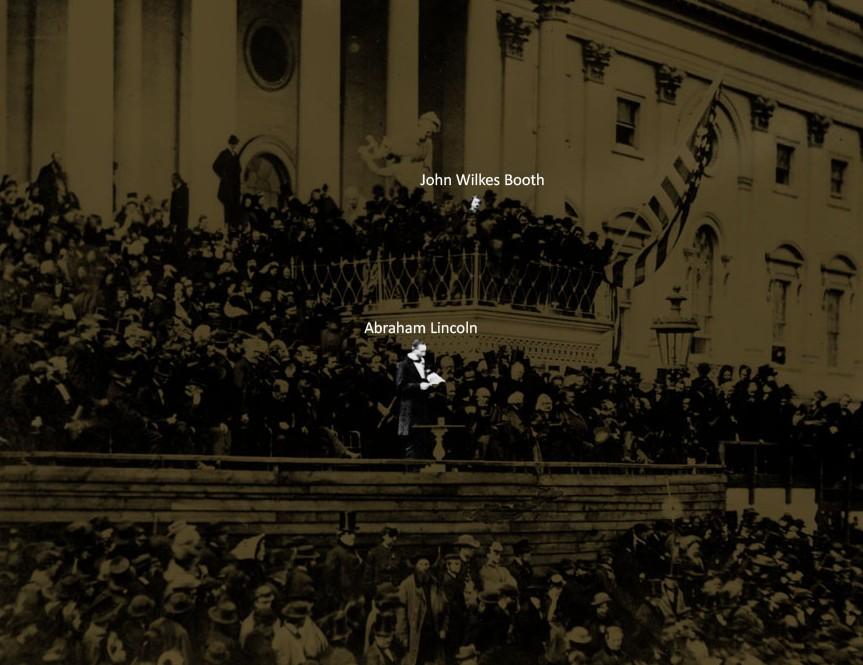
Booth fled the scene on horseback, aided by David Herold. They made their way into Southern Maryland, where Booth sought refuge in the dense woods to evade capture. They stopped at the home of Dr. Samuel Mudd, who treated Booth's injured leg. Mudd was unaware of Booth's identity at the time. After leaving Mudd’s home, Booth and Herold moved further south, but they were soon pursued by federal troops.
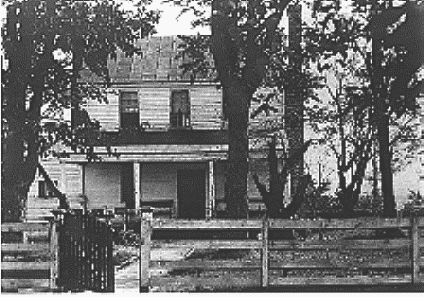
On April 26, 1865, Union soldiers tracked Booth to a barn on the Garrett farm in Virginia. While Herold surrendered to the soldiers, Booth refused to give up, demanding to fight instead. To flush him out, the soldiers set the barn on fire. In the chaos, Sergeant Boston Corbett shot Booth in the neck, severely injuring him. Booth was dragged from the barn and died several hours later on the porch of the farmhouse, reportedly whispering his last message: “Tell my mother I died for my country.” He was 26 years old.